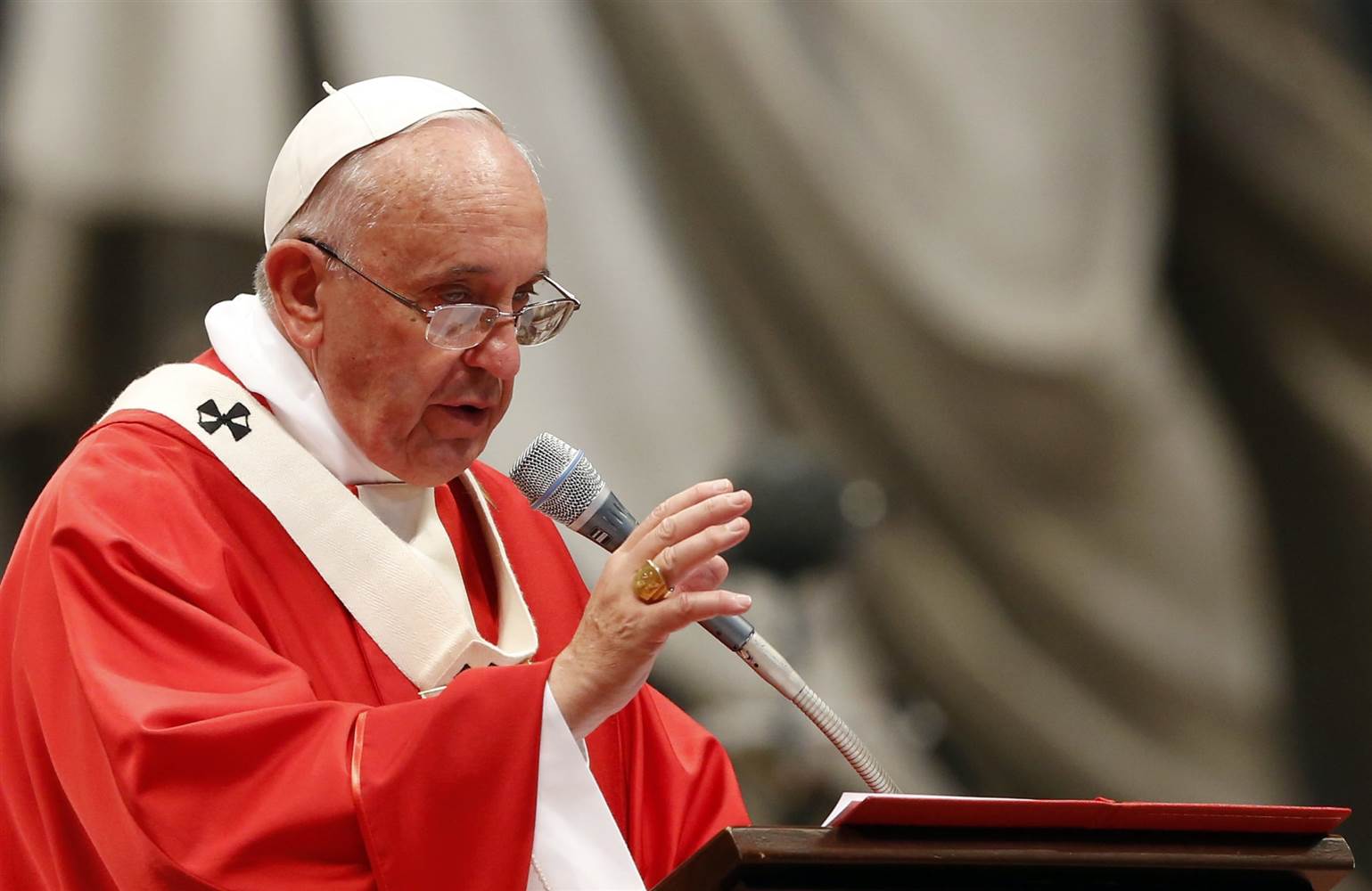
Four years after Jorge Bergoglio became Pope Francis, not a few Catholics observers are puzzled by an unusual papacy. In a series of articles in its March issue, the Catholic magazine Inside the Vatican (March/April) has attempted to gather insights on his papacy by a range of contributors. While Inside the Vatican is definitely not in the “progressive” camp of the church, it is striking to see several authors express unease about current trends at the top of their church. Editor Robert Moynihan states that Pope Francis has indeed been praised by “the world” and mainstream media, while traditional Catholics have grown increasingly critical. But he disagrees with the narrative of a “rogue Pope” breaking with church traditions, emphasizing the pope’s personal piety and other aspects conflicting with the secular perception of the pope. Similarly, K.E. Colombini feels that Pope Francis has not finished surprising observers. One of the examples quoted in the article is the leniency towards the traditionalist Society of St. Pius X, which might soon be regularized as a personal prelature. Colombini also reminds readers about the strong statements by the pope opposing gay marriage.
Other contributors, however, seem less sure. According to William Doino, after several statements in 2013, a number of conservative commentators had praised the pope “for his inspiring orthodoxy.” Four years later the same ones rebuke him for promoting liberalism and worldliness. Published in April 2016, the apostolic exhortation Amoris Laetitia has become a text of contention, seen as opening the door to communion for divorced and civilly remarried Catholics. “The result of Francis’ mixed signals is mass confusion,” the author writes. Similarly, philosopher and historian Thomas Storck, while conceding that “not everything is bad” and that some conservative critics “only reveal their own lack of knowledge of Church teachings” when it comes to issues such as capitalism or the environment, states that “we have a Pope who does not really champion important aspects of the Faith.”
One of the reasons why Pope Francis was elected was the need to reform the Curia after the Vatileaks scandals writes British canon lawyer Edward Condon. Quite early in Francis’s pontificate, there were large-scale announcements with prospects of a complete rethinking of the church’s governance structures. After four years, however, the real impact of those moves for curial reform is questioned. In contrast with the stated aims of the pope, a result of this effort is “an apparent, unintended empowerment of the Secretary of State,” and thus a centralization of power. Pope Francis is impatient with canon law, but changes he wants to introduce “depend upon systematic and coherent legal implementation.”
Meanwhile, the title of the new book Will Pope Francis Pull It Off? (Liturgical Press, $14.95) clearly gives away author Rocco D’Ambrosio’s pro-reform bias, but the volume is unique in attempting to marshal social science theories (if not methods) to make his case for the pope’s agenda. The slim book (100 pages) argues that the apparently off-the-cuff remarks and responses to various incidents and scandals by Francis all reflect a carefully planned strategy of church reform. D’Ambrosio, a political philosopher at Rome’s Pontifical Gregorian University, writes that the protests by conservatives against the pope’s actions and statements are a natural reaction to Francis’s relentless drive to consolidate the reforms of Vatican II. The book focuses on the papal denunciation of corruption and power-seeking in the Vatican and other quarters of the church, best reflected in Francis’s decisive steps to root out pedophilia among priests and the way the crisis has been enabled by bishops. The author leaves the question of his book’s title unanswered, as he argues that it is Francis’s call for solidarity with the poor and refugees that may face the greatest resistance from dioceses, parishes, religious orders, and church organizations, which too often mirror their counterparts in the political and financial worlds.
(Inside the Vatican, P.O. Box 57, New Hope, KY 40052; http://www.insidethevatican.com)
